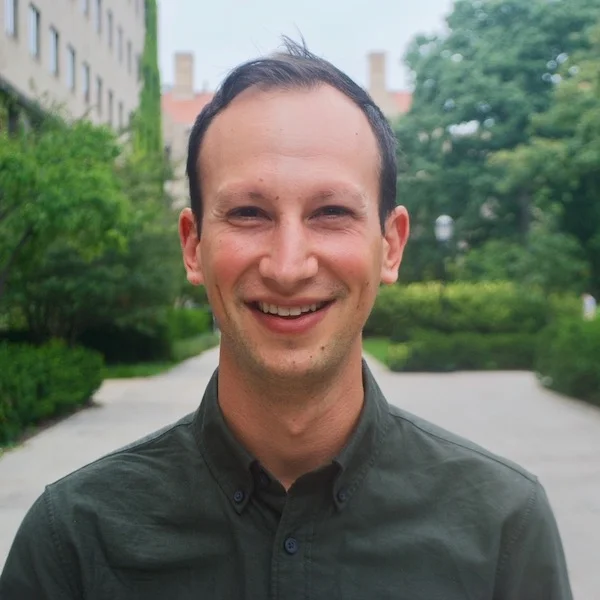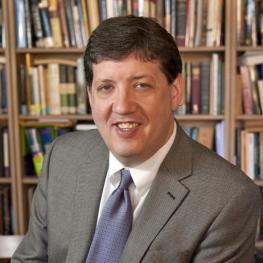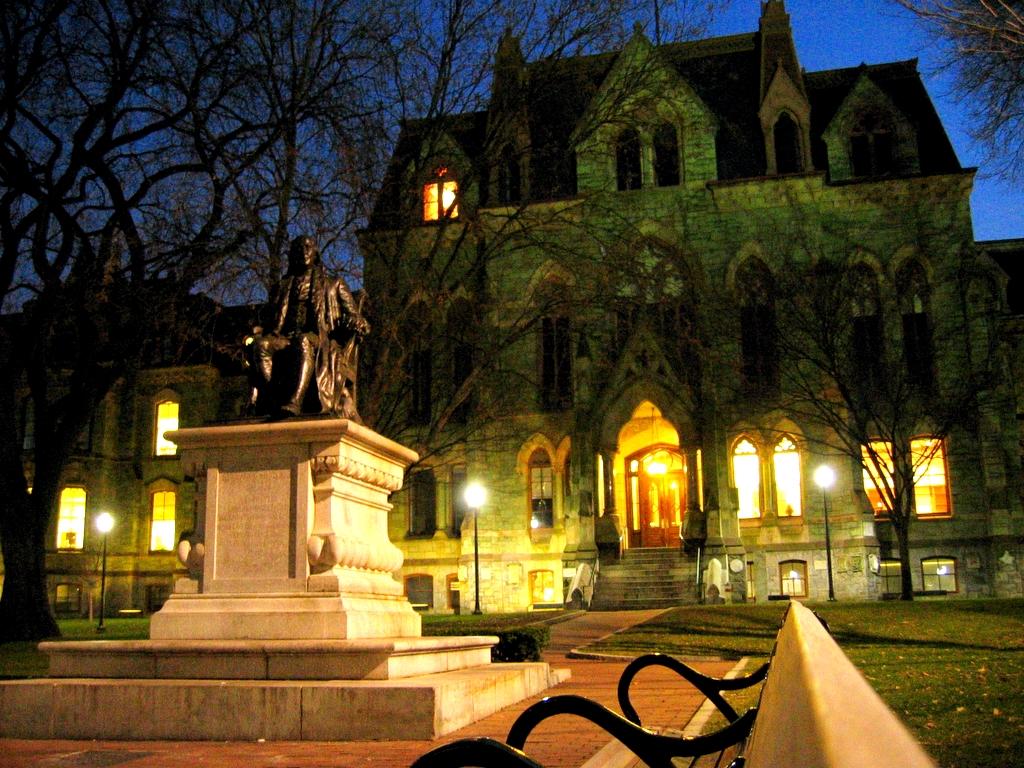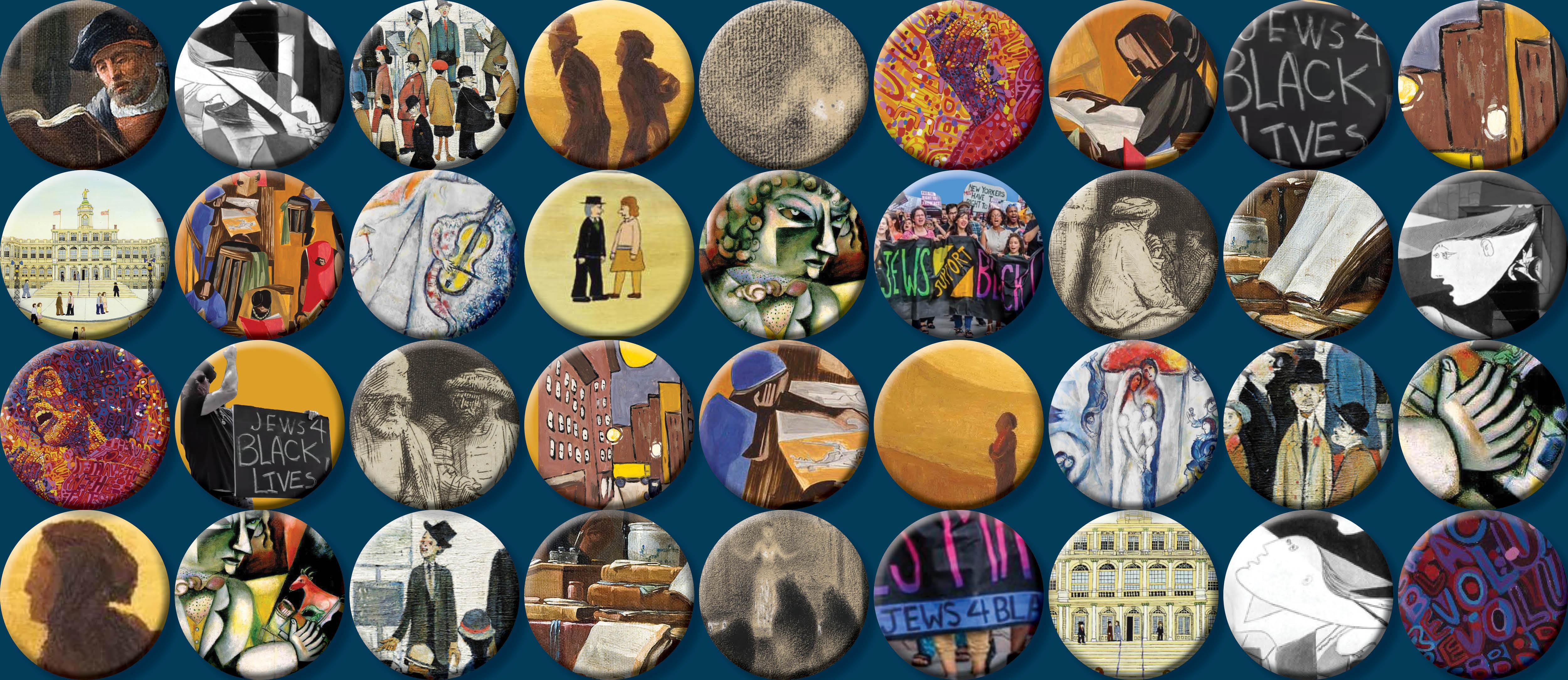Announcing our New Postdoctoral Fellow in the Study of Contemporary Antisemitism
The Katz Center welcomes Mendel Kranz to the position starting in 2025-26

Camille Pisarro, The Fence, 1872. Oil on canvas, The National Gallery of Art.
Earlier last year, in an effort to build on the educational recommendations of Penn’s task force on antisemitism, the Katz Center established a three-year postdoctoral fellowship in the study of contemporary antisemitism studies. The goal was to strengthen an ongoing initiative to promote better understanding of antisemitism through new courses and public programs, and to support new research in the field by creating a position for an early career scholar. We are grateful in this initiative for the generous support of Katz Center board members Ivan Ross and Jerry Silk.
Katz Center is pleased to announce that Mendel Kranz is the recipient of this new fellowship. Dr. Kranz completed his doctorate at the University of Chicago Divinity School in 2023 and is currently serving as the Samuel W. and Goldye Marian Spain Postdoctoral Fellow at Rice University.
 Guiding our search was a vision of a candidate able to address contemporary antisemitism as a phenomenon distinctive to this historical moment, without losing sight of the ways it emerges from antisemitism in the past. Although a global phenomenon, antisemitism is taking different forms in different social and political contexts; a full understanding today requires knowledge of both right- and left-wing politics and Christian, Islamic, and post-religious society.
Guiding our search was a vision of a candidate able to address contemporary antisemitism as a phenomenon distinctive to this historical moment, without losing sight of the ways it emerges from antisemitism in the past. Although a global phenomenon, antisemitism is taking different forms in different social and political contexts; a full understanding today requires knowledge of both right- and left-wing politics and Christian, Islamic, and post-religious society.
Kranz’s own research focuses on the resurgence of antisemitism in France in the past two decades, where the debate about the place of Jews in society has become interwoven with other very different but always-connected debates about the role of Muslims and other minorities, and he is able to compare the situation there with the situation in the United States in ways that are extremely instructive. It is no longer enough to study antisemitism in a specific national context like Germany or the US; thanks in part to the internet, antisemitism now crosses geographical, political, ideological and religious borders more easily than it has ever done before, and Kranz is excellently positioned to help people understand its new manifestations.
Kranz’s knowledge of contemporary Islamic society in Europe and North Africa is a real asset for this role, along with his willingness and ability to reach out to the Muslim community on campus and the broader community. We want courses on this topic to reach everyone at Penn, to see how antisemitism is related to Islamophobia and other forms of hatred without collapsing them into each other. Beginning next academic year, Kranz will begin offering courses on contemporary antisemitism, applying a comparative perspective in relation to the persecution of other minorities, including a course on Jews, race and religion. He will be working with the Katz Center to enhance our online public education offerings next year as well.
This position is different from the fellowships that the Katz Center normally offers, as a response to an unprecedented situation on university campuses, but it also reflects the Center’s commitment to supporting new research and the scholars who produce it. We aim to integrate Kranz into our fellowship year next year, focused on contemporary Jewish life, and will look to him as a partner as we seek to further develop a five-year initiative to promote deeper understanding of antisemitism made possible by a grant from the Goldhirsh-Yellin Foundation.



